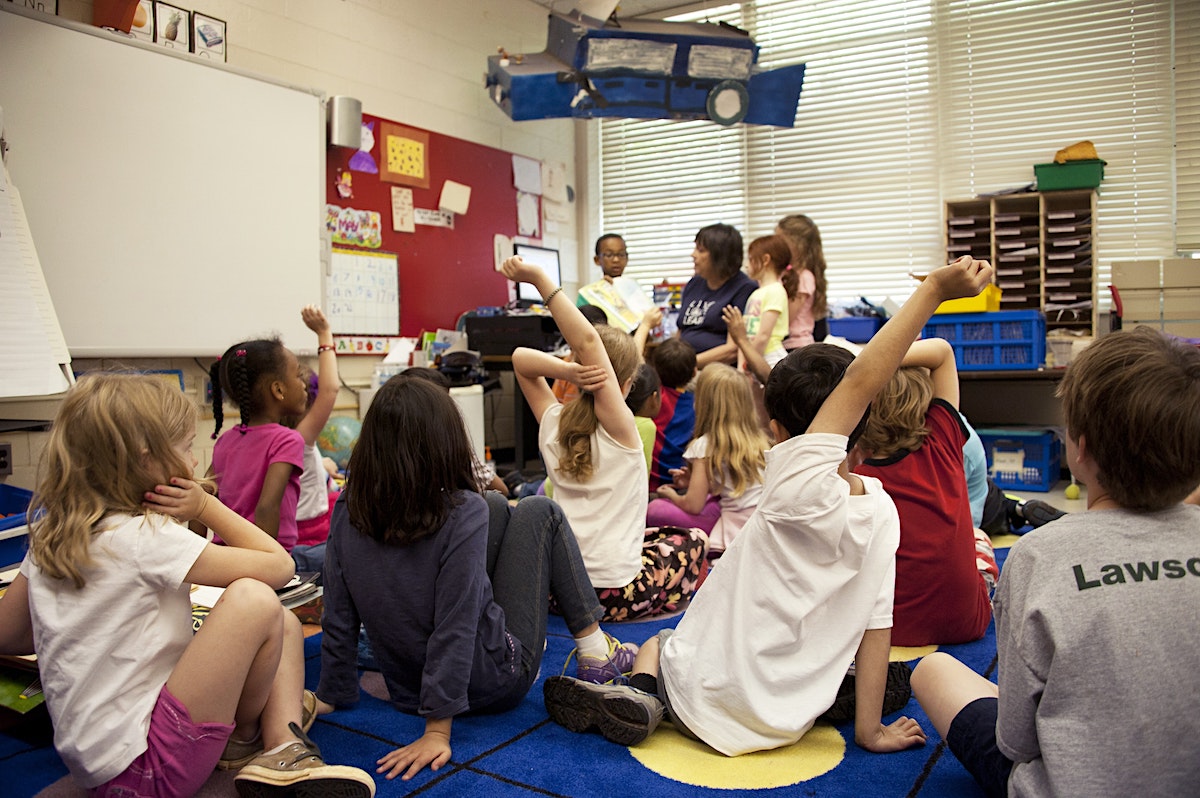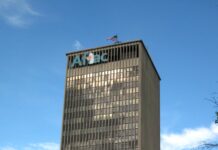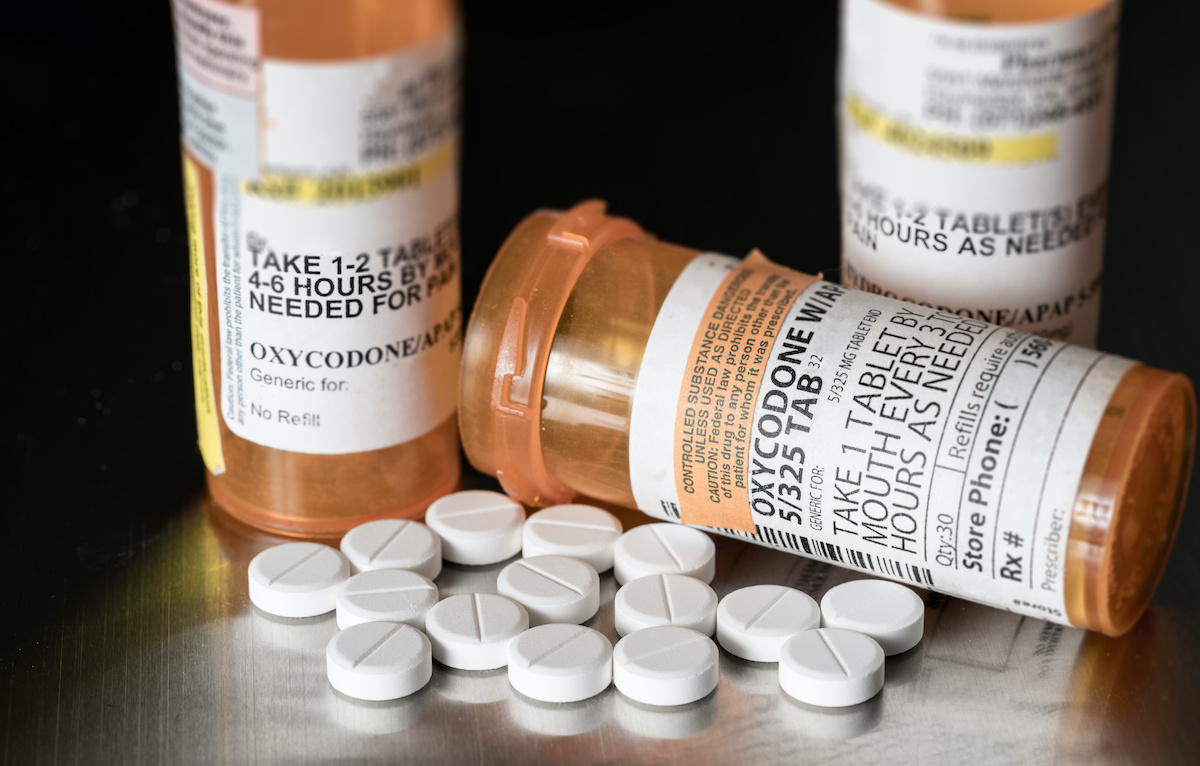
WASHINGTON (GA Recorder) —The U.S. House Education & Labor Committee advanced legislation Friday that would provide universal pre-K education, expand federal Pell Grants for college students and institute two years of free community college.
The $761 billion measure, approved on a party-line 28-22 vote, will be combined with other pieces of Democrats’ giant $3.5 trillion budget reconciliation measure, regarded as the biggest change in U.S. social policy in decades.
“The high cost of child care is failing families’ budgets and pushing millions of Americans out of the workforce—the majority of those are women,” Committee Chairman Bobby Scott, (D-Va.), said in his opening statement.
Scott said the lack of affordable child care is also “hurting our economy, as employers are struggling to fill job openings to meet the demand and grow their businesses.”
Republicans objected to many of the amendments offered during the markup, citing high costs and arguing that the reconciliation process should not be used to make policy changes.
MORE: Wind power off Georgia coast included in budget reconciliation bill
When the measure is considered by the Senate, that chamber’s parliamentarian has the authority to rule against any section deemed ineligible under reconciliation, which allows bills to be passed with just a majority vote.
“The provisions in the Committee’s portion of the Build Back Better Act will lower costs for nearly every American family, secure good-paying jobs for millions of American workers, and set a strong foundation for America’s children,” Scott said in a statement after the committee vote.
Here are some of the education policies that the reconciliation package would address:
Child care and early education
- $450 billion in universal pre-K for 3 and 4-year-olds.
- $85 billion to repair and modernize school infrastructure.
- $35 billion in child nutrition programs to allow an additional 9 million kids to receive free school lunch. The program also would create a nationwide program to provide a Summer Electronic Benefits Program for low-income children.
Higher Education
- $111 billion to provide two years of tuition-free community college beginning in fiscal 2023-24 and lasting for five years through 2027-28.
- Increases in Pell Grants and expanded eligibility for Deferred Action for Childhood Arrivals (DACA) recipients, known as Dreamers. Pell Grants would receive a $500 increase for the maximum grant for the 2022-23 award year and last through 2029-30.
- Investments at Historically Black Colleges, Tribal Colleges and Universities, Hispanic-Serving Institutions and other minority institutions.
More than 40 amendments were attempted by lawmakers, but only a handful were accepted. Those that were included in the measure:
- From Rep. Alma Adams, (D-N.C.), an amendment to help HBCUs receive equitable funding for the infrastructure of those institutions as well as grant opportunities.
- From Rep. Teresa Leger Fernandez, (D-N.M.), an amendment to include artists and workers in the entertainment industry in any grants designated to workforce training and employment opportunities under the Department of Labor.
- From Rep. Mikie Sherrill, (D-N.J.), an amendment specifying a family does not pay more than 7% of its income for universal pre-K programs.
- From Scott, an amendment to ensure the Department of Labor is fully funded to carry out several work programs.






